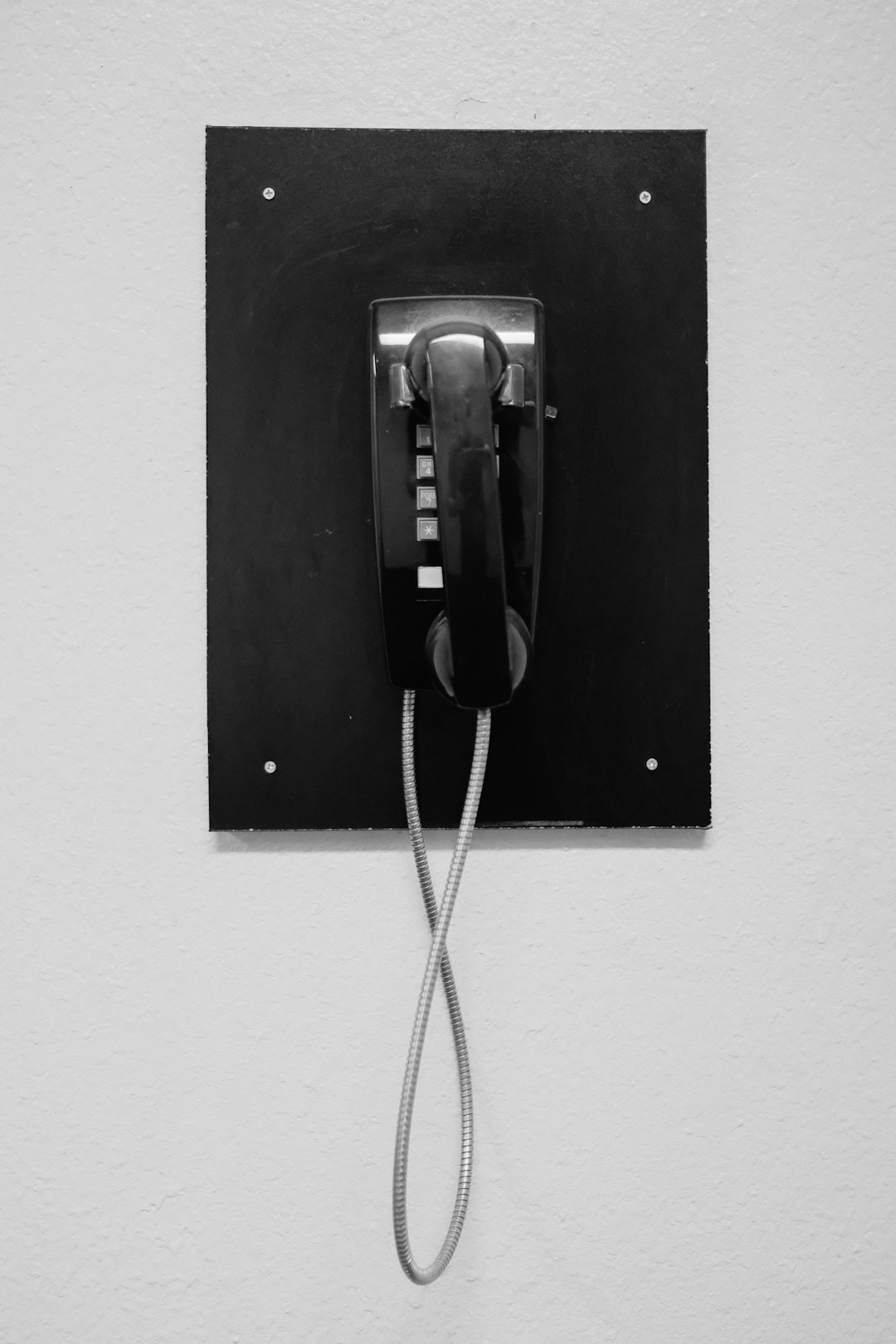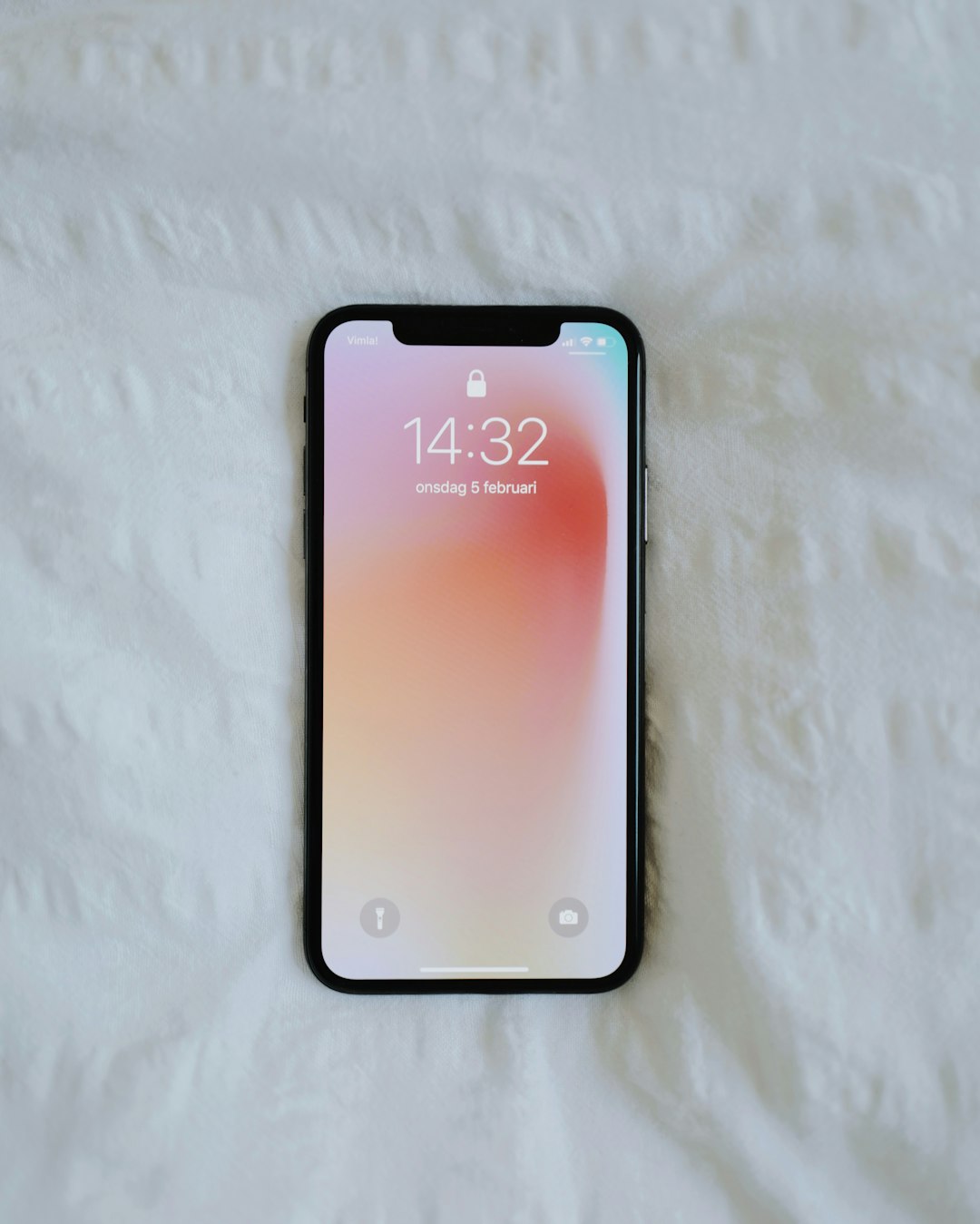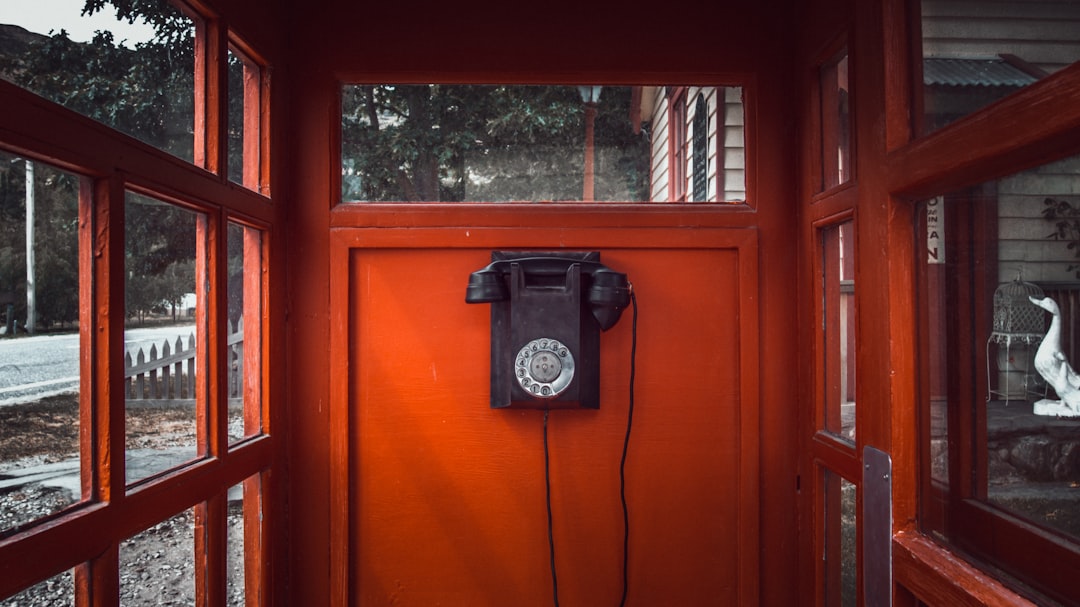In Iowa, including Council Bluffs, Do Not Call laws protect residents from unwanted telemarketing calls, enforced by the Iowa Division of Consumer Protection. Harassing or unauthorized calls prompt consultation with a Do Not Call Lawyer Iowa to understand rights, file complaints, and pursue legal action. Recent cases highlight the importance of these laws and the role lawyers play in protecting consumer privacy and justice, with strict regulations and potential fines for non-compliance.
In the dynamic legal landscape of Iowa, understanding and adhering to ‘Do Not Call’ laws is paramount, especially in Council Bluffs. This article delves into the intricacies of these regulations, shedding light on high-profile cases where violations have occurred. From ‘Do Not Call Lawyer Iowa’ perspectives, we explore the legal implications and strategies for navigating these complexities. By examining real-world scenarios, individuals and businesses can better protect themselves from potential legal repercussions and foster a compliant environment.
Understanding Do Not Call Laws in Iowa

In Iowa, including Council Bluffs, Do Not Call laws are designed to protect residents from unwanted telemarketing calls and sales pitches. These laws are enforced by the Iowa Division of Consumer Protection, which has the authority to investigate complaints and take legal action against violators. If you’re a resident of Council Bluffs and have received harassing or unauthorized telephone calls, consulting a Do Not Call Lawyer Iowa is a crucial step. Legal experts specializing in these matters can help you understand your rights, file official complaints, and even pursue legal action to stop the unwanted calls.
Iowa’s Do Not Call laws are not just a series of regulations; they’re intended to uphold the privacy and peace of mind for citizens. By registering your number on the state’s Do Not Call list or hiring an attorney who specializes in these cases, you can ensure that your rights are respected. Remember, knowing your rights is half the battle won. A Do Not Call Lawyer Iowa can provide guidance tailored to your situation, ensuring that unwanted calls don’t disrupt your daily life any further.
High-Profile Cases: A Look at Violations

In recent years, several high-profile cases have shed light on the significance of Do Not Call laws in Council Bluffs and across Iowa. These cases involve prominent individuals and businesses who have found themselves on the wrong side of the law due to aggressive sales tactics and disregard for consumer rights. A Do Not Call Lawyer Iowa plays a crucial role in such scenarios, ensuring that clients’ rights are protected and that justice is served.
One notable case involved a local politician who, despite being on the Do Not Call registry, received numerous unwanted phone calls from political campaigners. This violation led to a public outcry and highlighted the need for stricter enforcement of the law. Another instance was a large telecommunications company fined for repeatedly calling customers whose numbers were registered on the national Do Not Call list. These cases not only emphasize the importance of respecting consumer choices but also underscore the penalties associated with ignoring such regulations.
Navigating Legal Implications for Do Not Call Lawyers

In Council Bluffs, as in many areas across Iowa, Do Not Call laws are taken seriously. When a Do Not Call Lawyer in Iowa faces allegations of violation, they navigate a complex legal landscape. These cases often involve understanding and interpreting consumer protection regulations, which can be intricate. Lawyers must demonstrate that they’ve complied with the “do not call” registry and respected individual opt-outs to avoid penalties.
The implications for Do Not Call Lawyers in Iowa can be significant. Non-compliance can result in substantial fines and damage to their reputation. Therefore, these legal professionals need to stay updated on changing laws, employ robust internal practices for caller ID verification and opt-out tracking, and ensure comprehensive training for their teams to prevent future violations.






